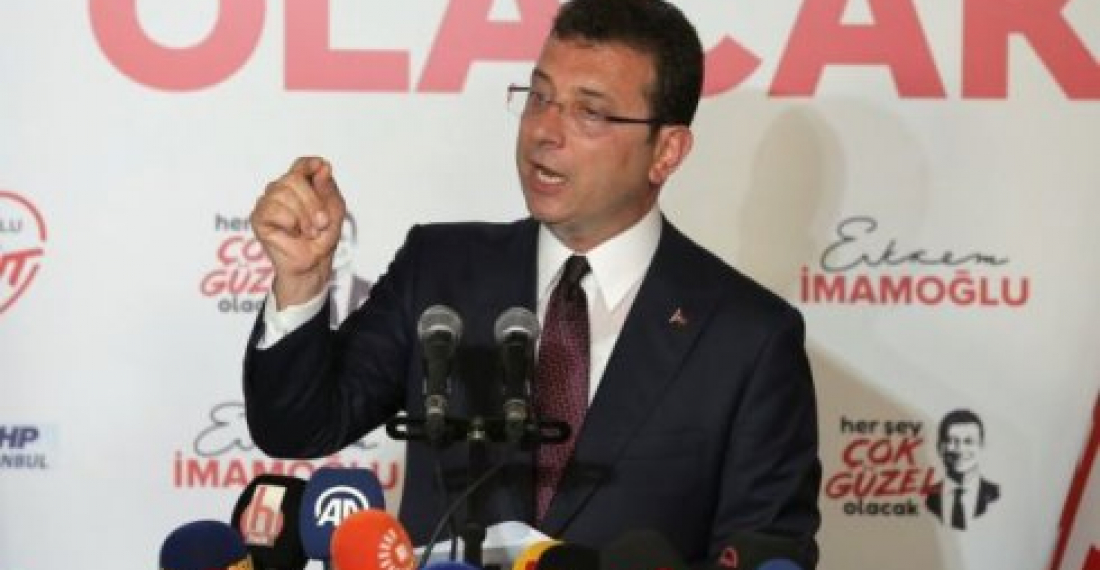There were huge scenes of jubiliation in Istanbul on Sunday night as city dwellers celebrated the victory of opposition candidate, Ekrem Imamoglu as Mayor.
Imamoglu had been elected Mayor first time in the Municipal elections held in March throughout Turkey, with a small margin of 13,000 votes. That result was however annulled at the insistence of the government which claimed irregularities. On Sunday Imamoglu won the second time, this time however with a huge margin of 775,000 votes more than his opponent, former prime minister Binali Yildrim. It is the first time in 25 years that the Mayor of Istanbul is not from the ruling AK party of President Recip Tayip Erdogan.
Immamoglu's victory has been hailed as a victory for democracy. The leader of the main opposition force, the Republican People's Party (CHP), Kemal Kilicdaroglu said the victory of his party's candidate is a victory for democracy. "Everyone who believes in democracy is proud of Turkey today" he said.
source: commonspace.eu
photo: New Mayor of Istanbul Ekrem Imamoglu (archive picture)






